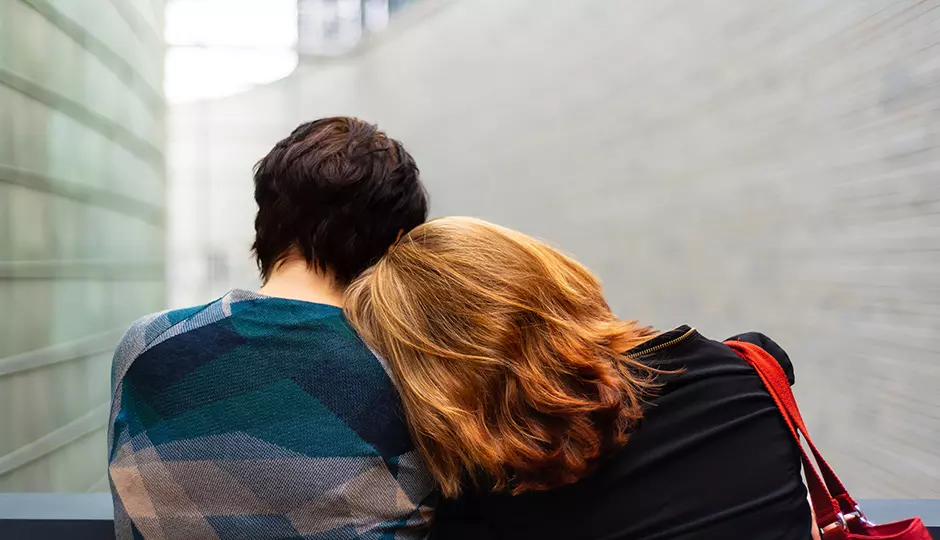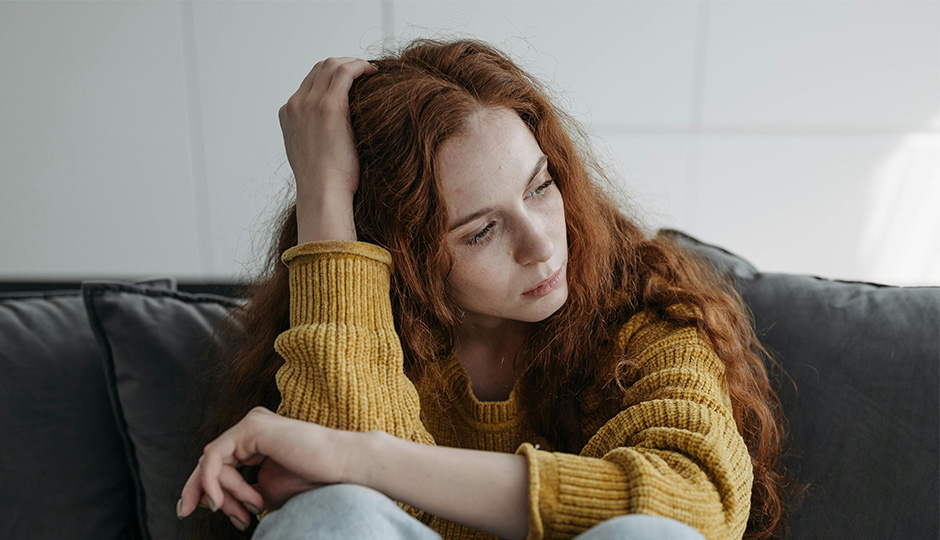Hair loss is a common condition that affects men and women of all ages. While there are few physical effects of hair loss, evidence suggests that the experience of hair loss is psychologically damaging.
Hair is a fundamental part of our self-image and self-expression. Our hair impacts how others perceive us and how we perceive ourselves. With the critical role that hair plays in our appearance, it's no surprise that dealing with hair loss can have noteworthy psychological consequences that severely damage your quality of life.
Why Hair Is Important
Hair has played an important role in society throughout history. In many societies, people associate a thick, full head of hair with charm, beauty, class, power, and virility.
Hair can make a fashion statement but can also denote cultural and social affiliations. For instance, monks often shave their heads, and orthodox Jewish men wear traditional sidelocks to indicate status among their peers. Musicians have commonly worn long hair since the 60s, and today it's common to see artists performing with brightly colored hair to demonstrate their stance against authority.
Styling and caring for your hair is an integral part of getting ready to face the day and the social interactions it brings. So it can be a significant mental challenge when you start losing your hair and can no longer control the social signals it conveys. While a "bad hair day" can make it challenging to face the world, hair loss can turn every day into a bad hair day.
The Psychological Effects of Hair Loss
Hair loss can be psychologically damaging because it affects a person's sense of identity and self-worth. In many cases, hair loss can cause extreme emotional suffering, which can lead to personal, social, and work-related issues.
It's common for people dealing with hair loss to experience life-altering psychological effects. Hair loss can lower self-esteem and create an altered body image, causing people to feel embarrassed and humiliated by their condition, leading to less enjoyable social engagements.
The stress associated with hair loss often triggers anxiety, depression, social phobia, and personality disorders. To avoid the negative emotions surrounding their hair loss, many people reduce outdoor activities and decrease social engagement, leading to isolation.
People with hair loss have an increased prevalence of psychiatric disorders than the general population, including major depression, panic disorder, antisocial personality disorder, generalized anxiety disorder, and other disorders. Ironically, while hair loss can cause several psychological disorders, the disorders can also trigger or worsen hair loss, creating a vicious cycle.
The Effects of Hair Loss On Women
While hair loss is significantly less severe than the suffering caused by chronic or life-threatening diseases, the psychological burden can be just as agonizing. This burden is not due to the hair loss itself but rather by the reaction to losing one's hair.
Hair loss is most commonly considered a men's issue, with nearly half of all men over 50 experiencing some degree of hair loss. However, hair loss also affects women, with nearly a third of all women experiencing hair loss during their lifetime.
Over the past few decades, significant efforts have been made to reduce the stigma associated with baldness in men, and many men have come to terms with the idea of losing their hair. However, little progress has been made in reducing the stigma surrounding hair loss in women. Women still feel pressure to hide their hair loss to preserve their femininity.
As a result, there is a scientific consensus that the psychological distress caused by hair loss is more significant for women than men. The link between hair and identity is powerful for women, and evidence suggests that, for some women, coping with hair loss can be as difficult as losing a breast through breast cancer.
Get Help From LH Hair
Dealing with hair loss can be challenging. When people start to lose their hair, they endure multiple feelings and emotions that can lead to mental health issues. Even worse, many mental health issues caused by hair loss can worsen the condition.
The good news is that there are solutions available. At LH Hair, our certified stylists can help you find a solution for your hair loss that will improve your life. To learn more about hair loss and what you can do about it, contact us today and schedule your FREE initial consultation.



